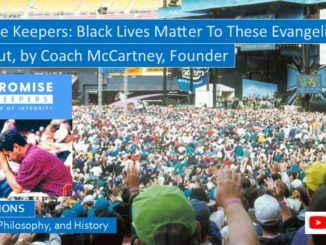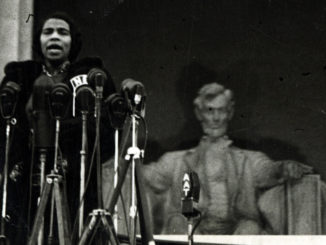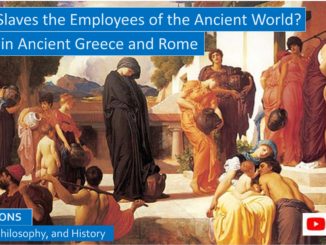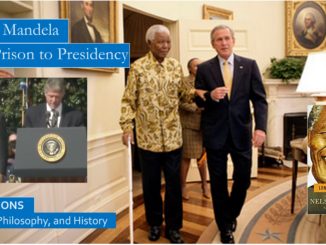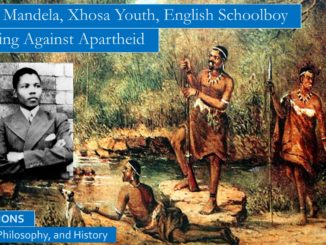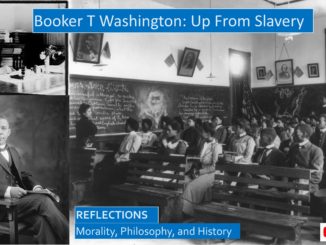
Up From Slavery: Autobiography of Booker T Washington
Booker T Washington’s autobiography, Up From Slavery, offers an interesting glimpse in what it was like to be born a slave, live through the tumultuous Civil War era, and as a young man to experience the consequences blacks faced with the end of Reconstruction when the Ku Klux Klan night-riders enslaved the former black slaves anew through terror by lynching them, burning their bodies and their farm and their churches, suppressing them and denying them justice, even denying them the ability to defend themselves in daylight through the courts. […]

